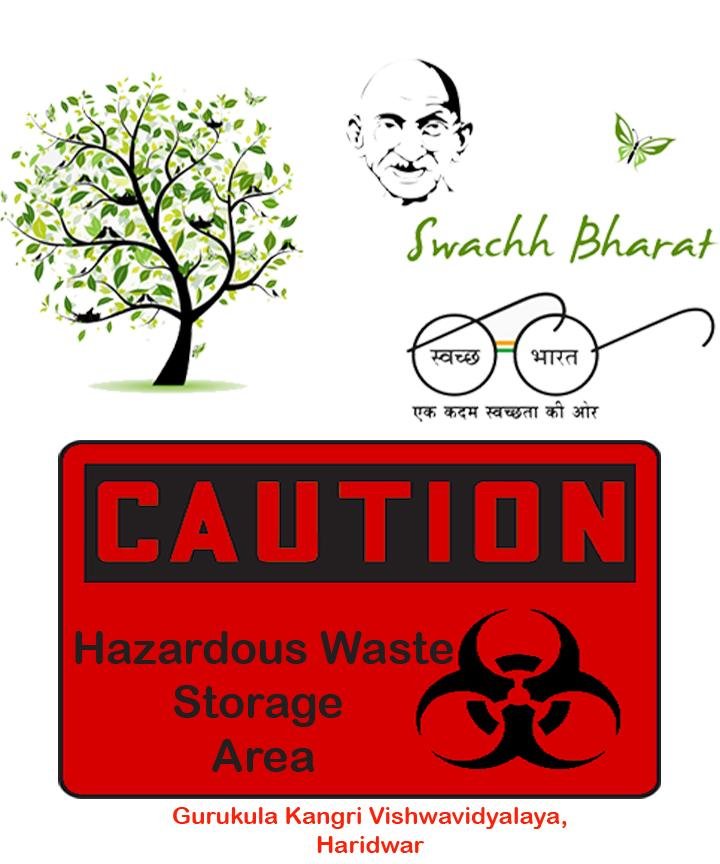The term “Green” means eco-friendly or not damaging the environment. This can acronymically be called as “Global Readiness in Ensuring Ecological Neutrality” (GREEN). Green Audit can be defined as systematic dentification, quantification,recording, reporting and analysis of components of environmental diversity. Green accounting can be defined as systematic identification quantification, recording, reporting & analysis of components of ecological diversity & expressing the same in financial or social terms. “Green Auditing”, an umbrella term, is known by another name “Environmental Auditing”. The ‘Green Audit’ aims to analyze environmental practices within and outside the college campus, which will have an impact on the eco-friendly ambience. It was initiated with the motive of inspecting the work conducted within the organizations whose exercises can cause risk to the health of inhabitants and the environment. Through Green Audit, one gets a direction as how to improve the condition of environment and there are various factors that have determined the growth of carrying out Green Audit.
Educational institutions have broad impacts on the world around them, both negative and positive. The activities pursued by campus can create a variety of adverse environmental impacts. But they are also in a unique position as educational institutions to be leaders in pursuing environmentally sustainable solutions.
On the occasion of World Environment Day – 2015 an initiative was taken by Gurukula Kangri (Deemed to be University) and expressed its commitment to sustainability while forming a committee to conduct audit of campus and its facilities. University has taken a number of positive steps to reduce its environmental impact. But many areas remain in which substantial improvements can be made. This report serves to highlight some accomplishments of and to make recommendations for improving the campus Green and environmental sustainability.
We have focused on certain indicators, covering an extremely wide range of environmental impacts. For each indicator, we establish a benchmark to evaluate University’s overall performance. We examine the performance of University’s on each of these indicators, and offer recommendations about how the campus can reduce its environmental impact within each indicator.
We hope that the time to time Green Audit will provide an accurate snapshot of University’s environmental impact at this point in time, and that it will aid the campus in prioritizing positive steps it can take to improve overall sustainability. We intend this document to be revisited annually and updated by the University.
Green Audit
Gurukula Kangri (Deemed to be University)
2021-2022
Executive Committee |
|||
Prof. D. S. MalikDean, Green Audit Cell |
|||
Prof. NavneetMember, |
Dr. Ajendra KumarMember, |
Mr. Ranjeet KumarMember, |
Dr. Gagan MattaSecretary |
Institutional Members |
||
Prof. Renu ShuklaKanya Gurukula Campus, Dehradun |
Dr. Sangeeta MadanKanya Gurukula Campus, Haridwar |
Dr. Ravindra KumarFaculty of Science |
Dr. Devendra KumarFaculty of Engineering & Technology |
Dr. Prince SharmaFaculty of Medical Science and Health |
Dr. Ajeet TomarFaculty of Humanities |
Dr. Sandeep KumarFaculty of Life Science |
Dr. Dharmendra KumarFaculty of Engineering & Technology |
Dr. Rajul BhardwajFaculty of Management Studies |










